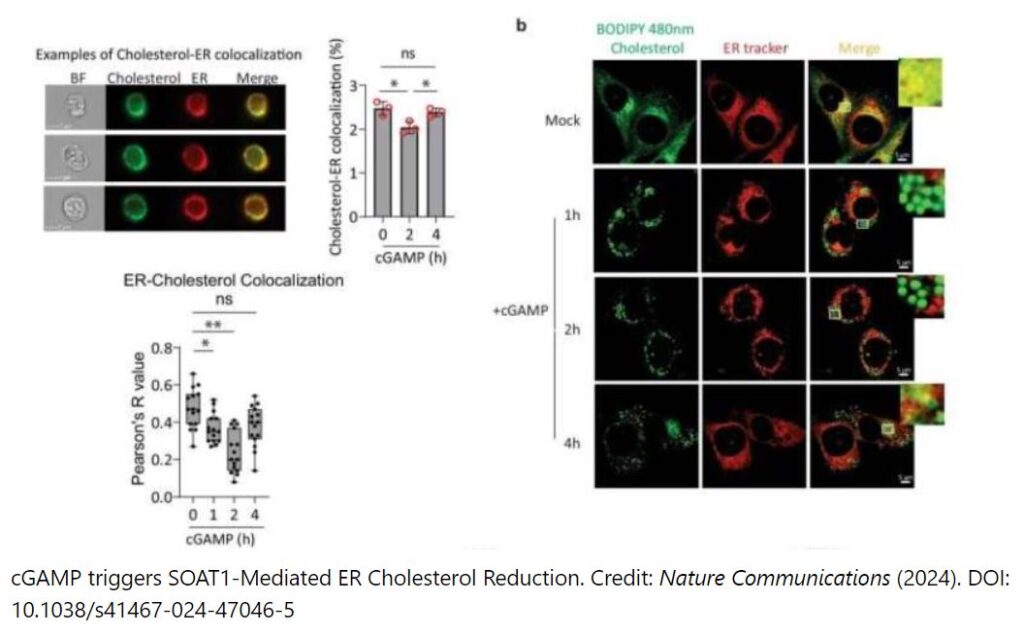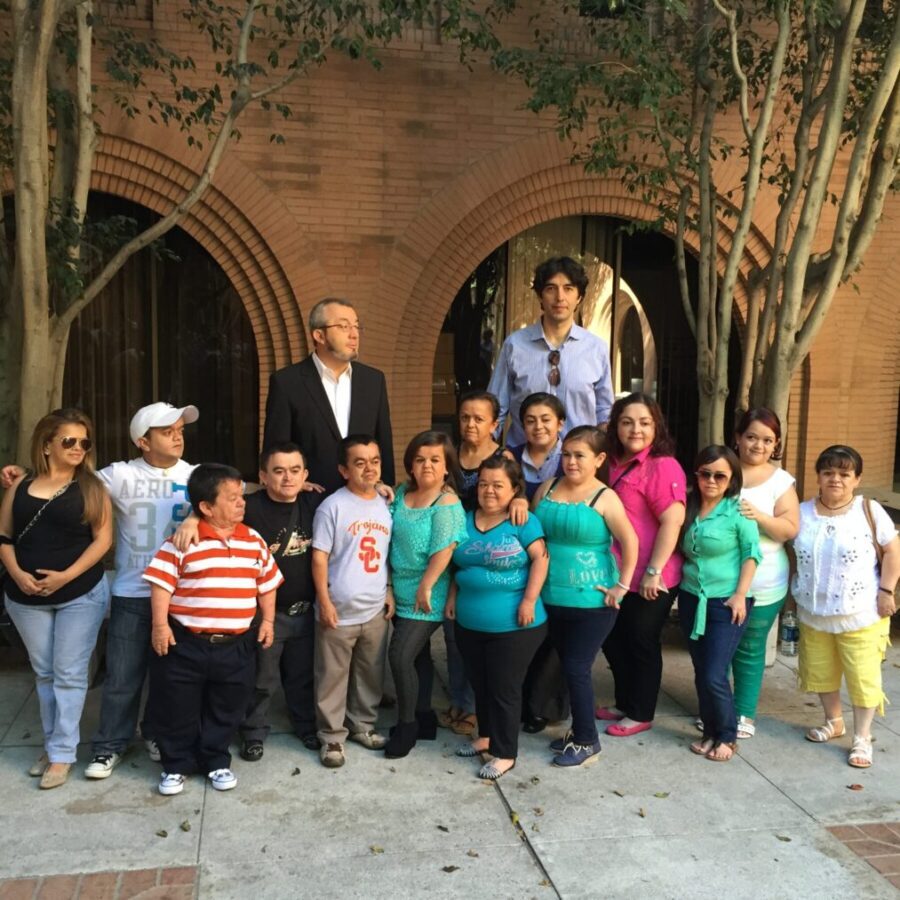
Heart disease is the Number 1 killer in the United States.
Brain, right lung, left lung, heart, right kidney, left kidney.
Watch, Learn, and Live Library
copyright American Heart Association
A brief episode of anger triggered by remembering past experiences may negatively impact the blood vessels’ ability to relax, which is essential for proper blood flow, according to new research published today in the Journal of the American Heart Association, an open access, peer-reviewed journal of the American Heart Association.
Previous research has found that impairment of blood vessels’ ability to relax may increase the risk of developing atherosclerosis, which may, in turn, increase the risk of heart disease and stroke.
“Impaired vascular functi...
Read More








Recent Comments